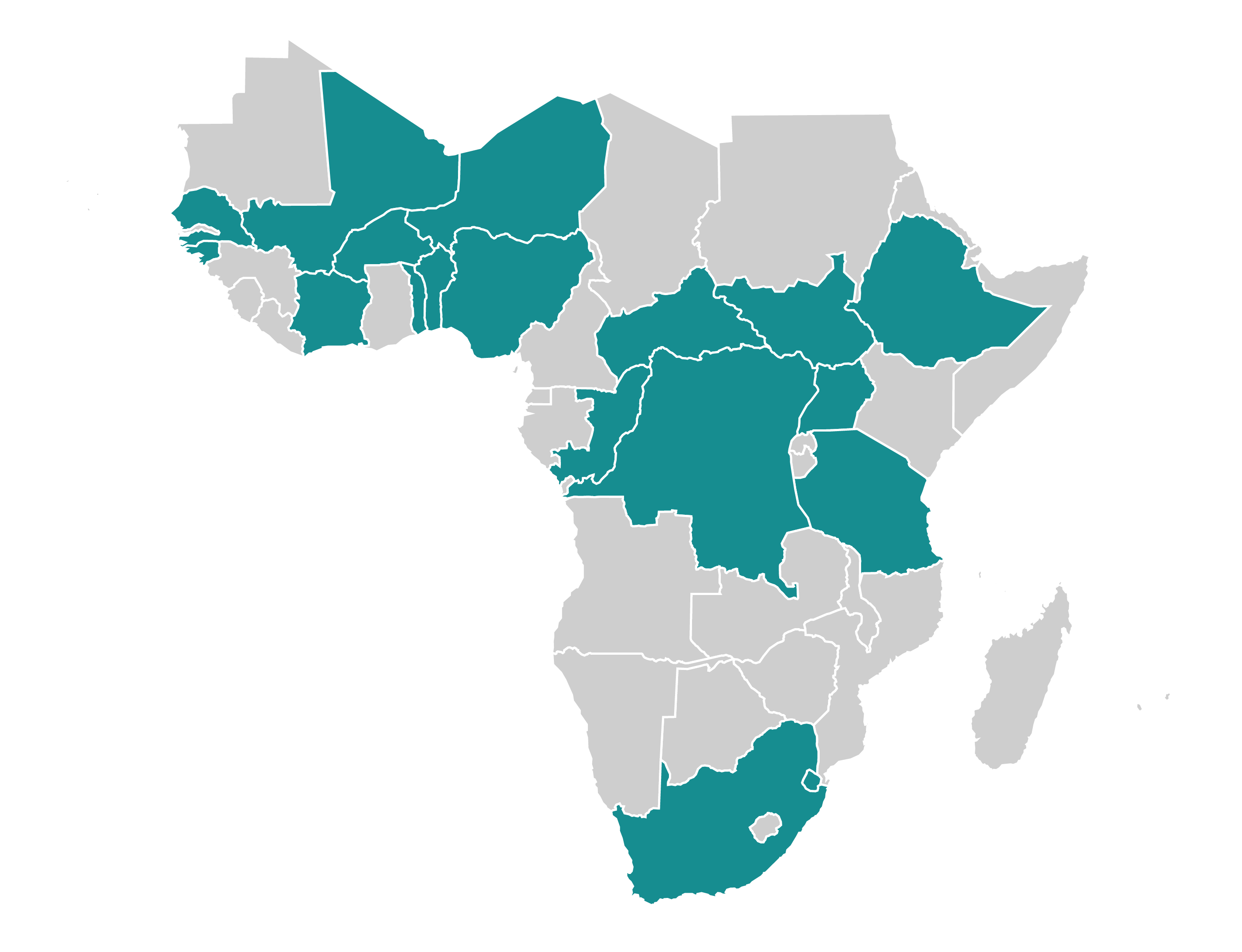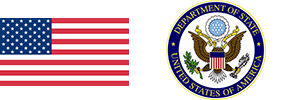Overview
The Investing in African Journalism program builds the skills of media workers across Sub-Saharan Africa through weeklong trainings in context-specific subjects.
Subjects include HIV/AIDS reporting, investigative reporting, security and safety, professionalism and ethics, economics reporting, and elections reporting.

